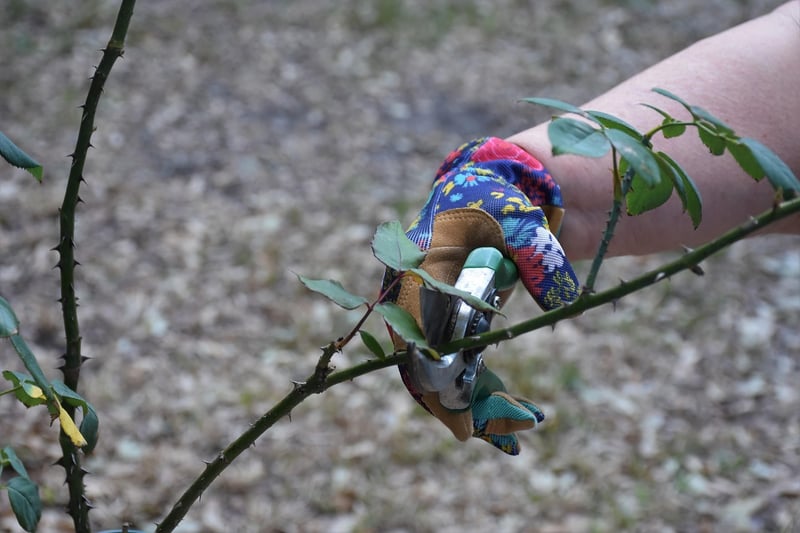Pruning Techniques
Guide to Nurturing Plants and Pruning Techniques
Nurturing Plants
Proper plant care is essential for healthy growth and vibrant blooms. Whether you're a seasoned gardener or just starting out, here are some tips to help you nurture your plants:
1. Watering
Water your plants regularly, but be mindful not to overwater. Check the soil moisture level before watering to avoid waterlogging.
2. Sunlight
Place your plants in areas with adequate sunlight based on their specific light requirements. Some plants thrive in full sun, while others prefer partial shade.
3. Fertilization
Feed your plants with a balanced fertilizer to provide essential nutrients for healthy growth. Follow the recommended dosage instructions for each plant type.
4. Pruning
Regular pruning helps promote new growth, improve airflow, and maintain the shape of your plants. Learn the proper pruning techniques to enhance the overall health of your plants.
Pruning Techniques
Pruning is a critical aspect of plant care that involves removing specific parts of a plant to encourage healthy growth. Here are some pruning techniques to consider:
1. Deadheading
Remove faded or dead flowers to stimulate new blooms and prevent the plant from focusing energy on seed production.
2. Thinning
Thin out crowded branches to improve air circulation and sunlight penetration, reducing the risk of disease and promoting overall plant health.
3. Heading Back
Cut back the tips of branches to encourage lateral growth and create a fuller, bushier plant. This technique is often used on shrubs and hedges.
4. Rejuvenation Pruning
For older or overgrown plants, rejuvenation pruning involves cutting back the entire plant to stimulate new growth and restore its vitality.
By incorporating these nurturing and pruning techniques into your plant care routine, you can help your plants thrive and flourish. Remember to research the specific needs of each plant species for tailored care.


